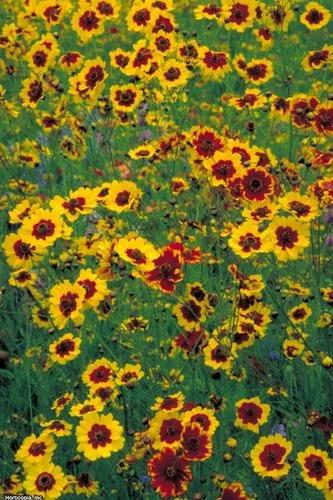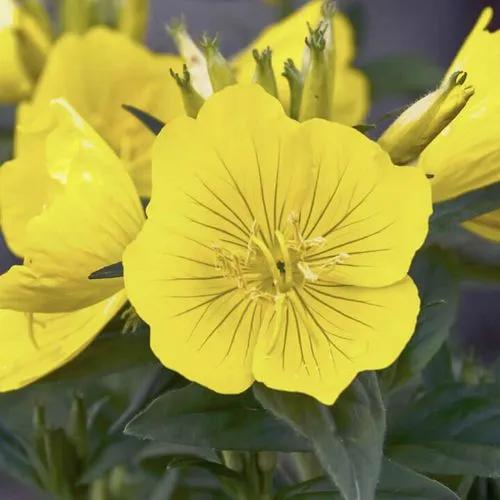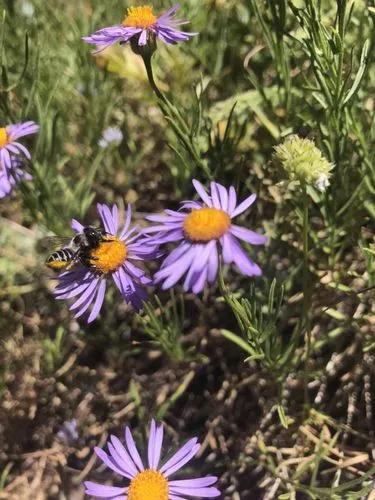Lizard’s tail plants (Saururus cernuus), also known as lizard’s tail swamp lilies and Saururus lizard’s tail, are perennial plants that can grow up to 4 feet tall. They have a hairy stem with very few, if any, branches. Leaves are large and heart-shaped. Found in marshes, along the banks of ponds and streams, it is not uncommon to see some of the plant growing under water. This provides habitats for small aquatic invertebrates, which draw fish and other species. In addition, after the plant dies, it is decomposed by fungi and bacteria which provide food for aquatic invertebrates. This interesting plant produces white aromatic flowers on top of the hairy stems opposite the top leaf. The flower structure is a spike with lots of small white flowers that form an arch. The seeds form a structure that looks similar to a wrinkled lizard’s tail. This water-loving species has an orange aroma and spreads by rhizomes to form colonies.
Lizard's-tail Care
Saururus Cernuus



What is the plant
How to Care for the Plant

Water

As long as it receives plenty of water and partial sun, it will thrive.

Sunlight

Prefers a position in full sun but tolerates some shade

Soil

It prefers a loamy soil
Ease your plant care routine with PlantIn's personalized system.

Temperature

Plants are fairly cold tolerant, but are best given a protective mulch in the winter

Popularity

129 people already have this plant 17 people have added this plant to their wishlists
What's wrong with your plant?
Related Plants
Discover more plants with the list below
Popular articles






